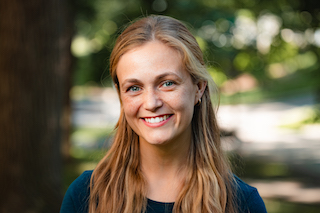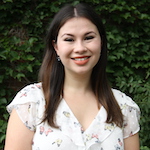Please note that we will no longer be adding contacts to our waitlist as we are moving into the data analysis stage of this project. Thank you for your understanding and support of this research! - the VSAS Team
What’s this project about?
This study aims to evaluate whether a virtual cognitive behavioural intervention, Secret Agent Society: Operation Regulation (SAS:OR), can help youth with neurodevelopmental disabilities (NDD) cope with their emotions and handle the day-to-day stressors in their lives. By neurodevelopmental disability, we mean a diagnosis of autism, a learning disability, attention-deficit hyperactivity disorder (ADHD), or cerebral palsy.
How will we go about doing this project?
Participating involves weekly 1-hour online sessions (via Zoom), where eligible families will meet with a trained therapist for one-on-one therapy. Youth will get to do an assortment of activities and play games (e.g., computer games, problem-solving tasks, and role-playing). The activities are aimed to help build emotion regulation skills. Parents actively participate in the sessions as well.
To evaluate the SAS:OR's effectiveness, families participate in research throughout the program (completing online questionnaires before, during and after the program). There is no cost for participating in the program.
SAS:OR Team
Our Secret Agent Society: Operation Regulation (SAS:OR) Program team are clinical-developmental psychology trainees, post-doctoral fellows, and research assistants.
Who are involved?
Youth between 8 and 13 years of age with a formal NDD diagnosis of autism, learning disabilities, attention deficit hyperactivity disorder, or cerebral palsy. To participate, families had (1) significant parent reports of youth difficulties with emotion regulation and mental health challenges (based on clinical measures) and (2) access to high-speed internet and technology with a camera and microphone. Youth needed to be motivated and have the capacity to participate virtually.
What will we do with our research findings?
This study will provide us with an understanding of emotion regulation processes for people with NDD and help us improve the intervention. Results of this study may also lead to a reduction of youth’s levels of negative emotions. We will write an article summarizing our findings to submit to an academic journal, present the results at national and international conferences, and create a summary of our findings to post on this website.
What is the next step?
We are currently recruiting families for this research study. If you are interested in participating, please contact sasor@yorku.ca.
Want to know more about this project?
For more information, please feel free to contact sasor@yorku.ca or Dr. Jonathan Weiss (jonweiss@yorku.ca), Principal Investigator on the study.
Results
Infographic
Thank you to all the families currently participating or have participated in the SAS:OR Program!
This project is supported by the Canadian Institutes of Health Research and the York Research Chair in Autism and Neurodevelopmental Disability Mental Health.





